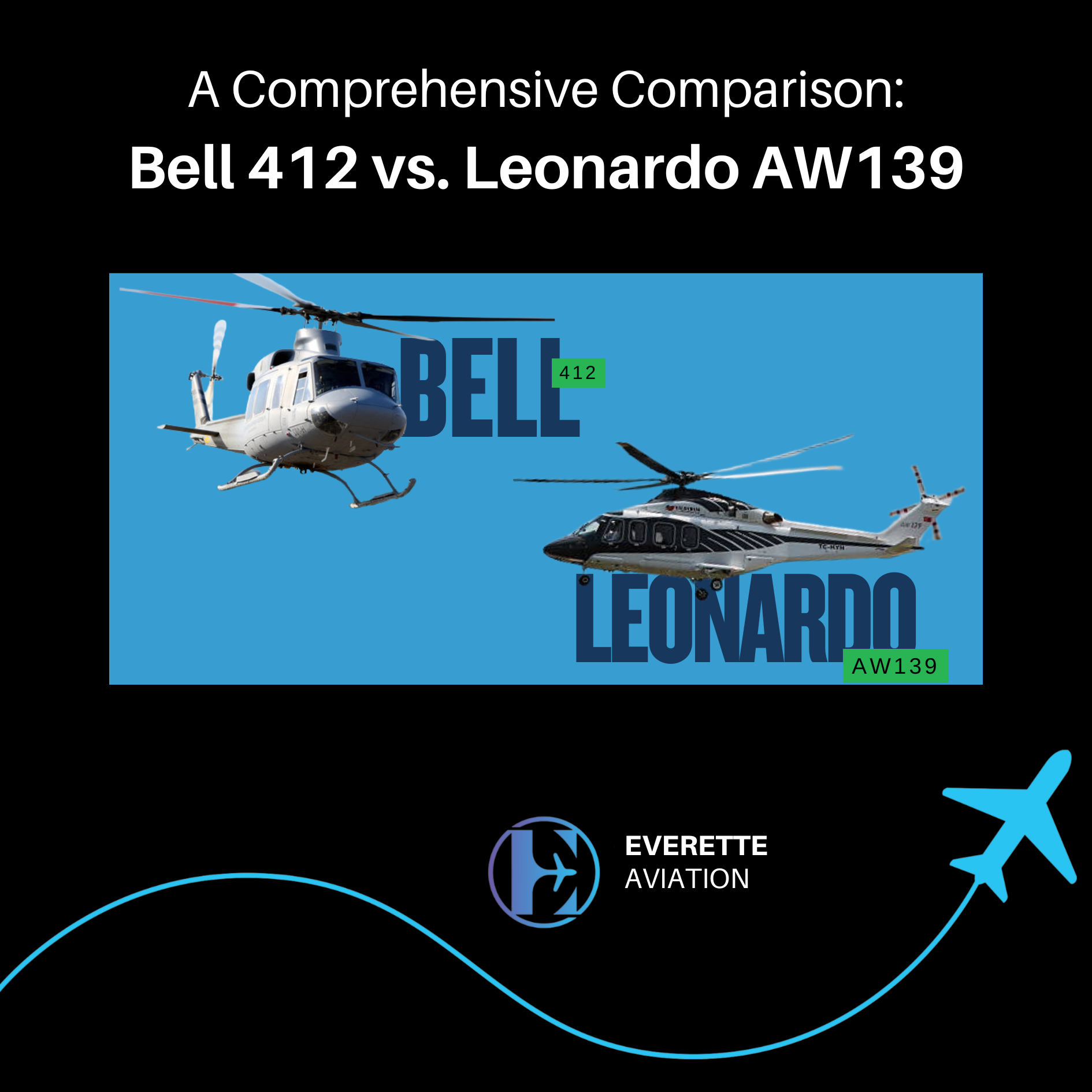The Importance of Aircraft Appraisal for Tax Purposes
When it comes to owning high-value assets like aircraft, proper valuation is not just a matter of good recordkeeping—it’s a legal and financial necessity, especially for tax purposes. An aircraft appraisal provides an unbiased, professional assessment of an aircraft’s fair market value. This process plays a critical role in various tax-related scenarios, including charitable donations, estate planning, depreciation, and asset transfers. For individuals and businesses alike, obtaining a certified aircraft appraisal ensures compliance with tax regulations, supports accurate financial reporting, and helps avoid costly disputes with tax authorities. Below we explain why aircraft appraisals are indispensable for tax purposes and outlines the many benefits of investing in a credible valuation.
Understanding Aircraft Appraisals
An aircraft appraisal is a formal evaluation conducted by a certified appraiser to determine the current market value of an aircraft. This valuation considers various factors, including the make and model, age, maintenance history, logbook records, avionics, upgrades, and current market conditions. Appraisers use industry-standard methodologies and databases to arrive at a reliable estimate that reflects the true worth of the aircraft.
There are different types of appraisals, including desktop appraisals, physical inspections, and comprehensive reports. For tax purposes, the most credible appraisals are those conducted by accredited professionals from recognized organizations such as the American Society of Appraisers (ASA) and others. These certified appraisers follow uniform standards and provide documentation that holds up to scrutiny by tax authorities.
Accurate Valuation for Tax Reporting
One of the primary reasons to obtain an aircraft appraisal is to ensure accurate reporting for tax purposes. Whether you’re preparing a tax return, claiming a deduction, or calculating capital gains, the Internal Revenue Service (IRS) requires that values be reported truthfully and consistently. A professional appraisal helps ensure that the value of your aircraft reflects its true market worth, not an inflated or underestimated figure.
For example, if an individual donates an aircraft to a charitable organization, the IRS requires a substantiated fair market value to justify the tax deduction. Without a certified appraisal, the deduction could be denied or challenged. Similarly, when selling an aircraft, the capital gains tax owed depends on the difference between the sale price and the aircraft’s adjusted basis. An appraisal helps accurately establish the basis and supports the calculation of any tax liabilities.
Compliance with IRS and Legal Standards
The IRS has strict rules governing the valuation of non-cash assets, particularly those exceeding $5,000 in value. According to IRS Publication 561, such donations must be supported by a qualified appraisal from a qualified appraiser. The aircraft appraisal must meet these requirements to ensure the deduction is legally defensible. Failure to comply can result in penalties, interest, or the disallowance of the deduction altogether.
In addition to IRS compliance, aircraft appraisals are often required in legal proceedings such as divorce settlements or litigation involving asset valuation. A professionally prepared appraisal stands up in court and tax audits, providing a clear and unbiased determination of value.
Estate and Gift Tax Planning
Aircraft appraisals also play a crucial role in estate planning and the administration of estates. When a person passes away, their assets—including aircraft—must be appraised to calculate the total value of the estate for estate tax purposes. An accurate valuation ensures the proper calculation of estate taxes owed to the federal or state government.
Similarly, when transferring ownership of an aircraft as a gift, an appraisal is necessary to determine whether gift taxes apply. The IRS requires documentation to substantiate the value of the gift, especially when large sums are involved. A certified appraisal helps establish that the value reported on a gift tax return is accurate and not arbitrarily assigned.
Justification of Depreciation and Deductions
For businesses that own aircraft, depreciation is a significant tax consideration. The IRS allows aircraft used for business purposes to be depreciated over a certain number of years. However, to justify the depreciation deduction, the taxpayer must establish the aircraft’s fair market value and business use percentage. A formal appraisal provides a reliable basis for this calculation and reduces the risk of misreporting or overstatement.
In addition, when a business disposes of or sells an aircraft, the gain or loss must be reported on the tax return. The appraised value helps determine the adjusted basis and the resulting tax consequence. Without an accurate valuation, taxpayers could miscalculate their gain or loss, resulting in underpayment or overpayment of taxes.
Audit Protection and Risk Mitigation
Tax audits are an unpleasant but sometimes unavoidable part of dealing with complex financial matters. When the IRS questions the reported value of an aircraft—be it for a deduction, estate value, or capital gain—a certified appraisal serves as compelling evidence to support the taxpayer’s position. Appraisals conducted by accredited professionals carry significant weight in audit proceedings and can help resolve disputes quickly and favorably.
In many cases, tax disputes arise from unsupported or inflated valuations. By investing in a formal appraisal, aircraft owners can protect themselves from accusations of tax evasion or fraud. The appraisal provides a paper trail that documents how the value was determined, who performed the appraisal, and what methodology was used—critical information in the event of a challenge.
Avoiding Overpayment or Underpayment of Taxes
Overpaying taxes due to an undervalued deduction or overestimated gain is just as problematic as underpaying. An inaccurate valuation can cost you thousands in unnecessary tax liabilities. Conversely, underreporting the value of an aircraft can expose you to penalties and interest. A proper appraisal ensures that you pay exactly what you owe—and not a penny more or less.
Moreover, tax laws are complex and subject to change. An experienced aircraft appraiser stays informed about current regulations and valuation trends, providing insights that go beyond the raw numbers. This added expertise can help you make smarter tax planning decisions and avoid unexpected surprises.
Conclusion
An aircraft is a significant asset with substantial tax implications. Whether you’re an individual owner, a business, or an estate executor, obtaining a professional aircraft appraisal is essential for accurate, compliant, and defensible tax reporting. From supporting deductions and depreciation to ensuring fair estate distribution and audit protection, the benefits of a certified appraisal far outweigh the cost. In the world of aviation, where the financial stakes are high and the regulatory environment is complex, a professional appraisal provides clarity, credibility, and peace of mind.









